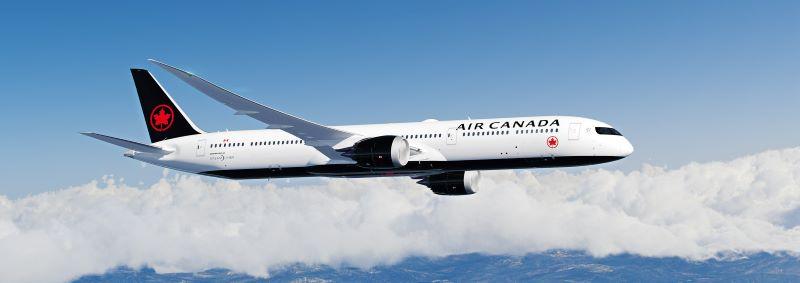
Credit: Boeing
AMSTERDAM—Air Canada is reinforcing its cargo commitment by ordering 18 high gross weight Boeing 787-10s after canceling its 777F order. The airline will take delivery of its new 787-10s that have a favorable lower hold freight carrying capability between 2025-27. Air Canada expects the high gross...
Subscription Required
This content requires a subscription to one of the Aviation Week Intelligence Network (AWIN) bundles.
Schedule a demo today to find out how you can access this content and similar content related to your area of the global aviation industry.
Already an AWIN subscriber? Login
Did you know? Aviation Week has won top honors multiple times in the Jesse H. Neal National Business Journalism Awards, the business-to-business media equivalent of the Pulitzer Prizes.




